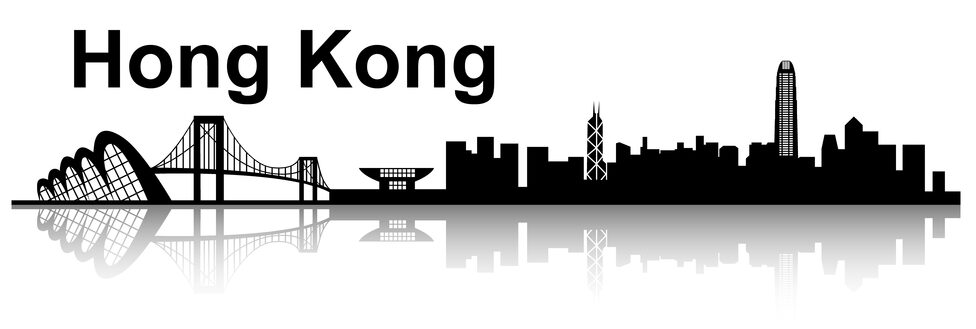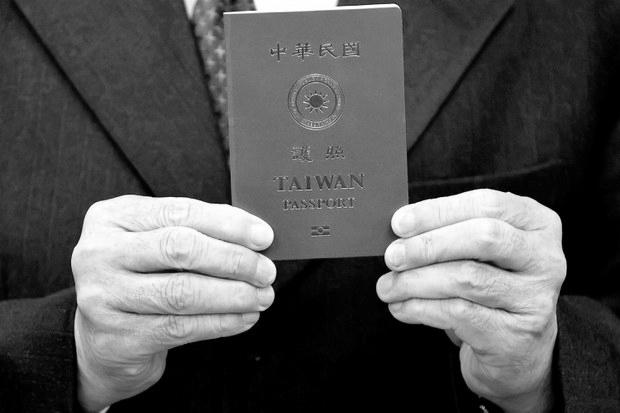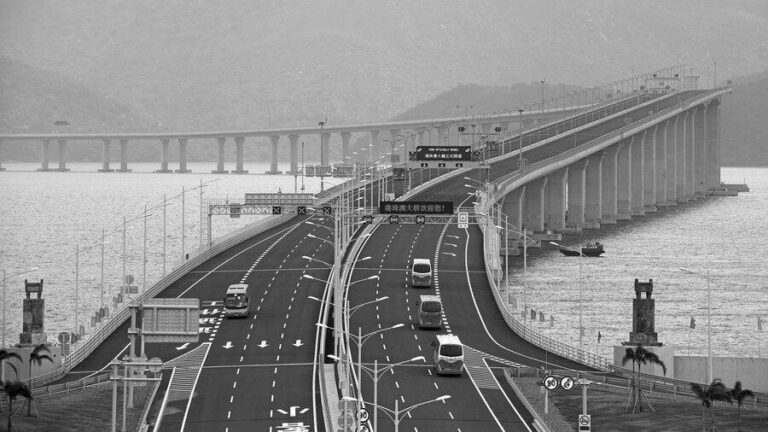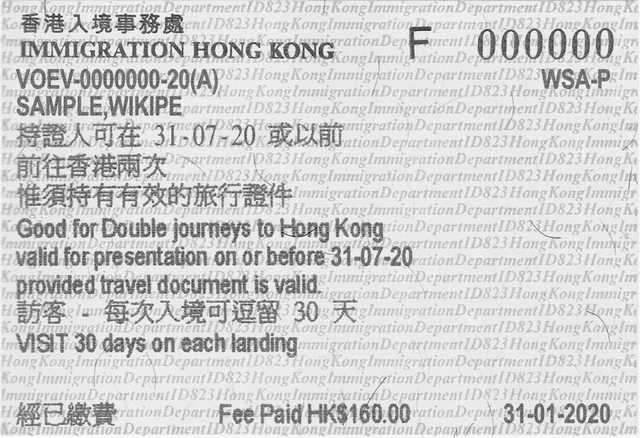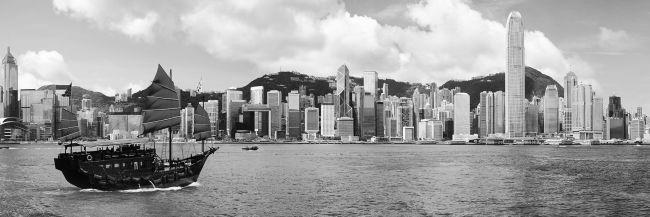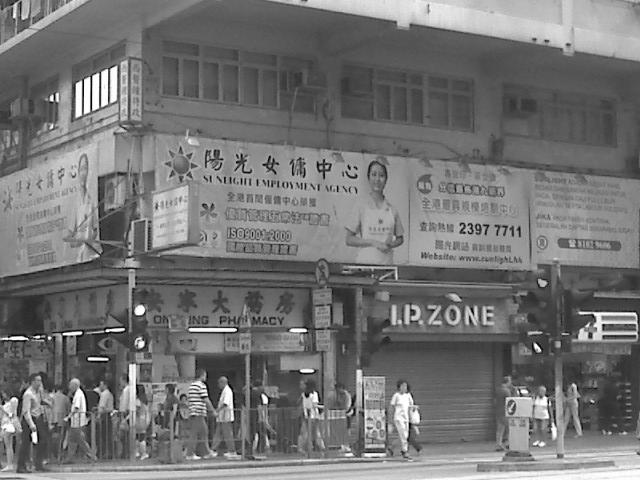What Do Hong Kong Residents Think of Taiwan?
Regarding immigration, fear of a Chinese takeover, and concerns about immigration from Taiwan, there are several questions that Hong Kong residents may be asking. There are some commonalities between Hong Kong and Taiwan, as well. Read on to discover what people in Hong Kong think about Taiwan. This article explores some of Hong Kong residents’ common concerns and their opinions about the Taiwanese people living in Hong Kong.
Fears of the Chinese takeover
In his article, «Fears of a Chinese takeover in Hong Kong,» GTI executive director Russell Hsiao summarized recent events, questioning whether Beijing would abide by the fundamental law of one country, two systems. He also asked what implications the current events could have for Taiwan’s economy and future. The author concluded that the recent events would likely lead to further deterioration in Taiwan’s economy and democracy.
Although residents of Taiwan aren’t entirely safe in the upcoming years, most are considered relatively safe, especially those in the younger demographic. Although there is a threat of influence campaigns and the Chinese Communist Party infiltrating the upper echelons of Taiwan society, younger people with fewer connections to the mainland are considered low risks. In addition, older people with potential business ties to the continent are considered high risks, which is why Taiwan’s current policies are aimed primarily at fostering Taiwanese professionals and those making significant financial contributions to the country.
As a result, fear of a Chinese takeover in Taiwan has become a critical political issue for the KMT in its reelection campaign. As Taiwanese, the KMT must contend with widespread disapproval of Beijing’s governance record. Beijing has governed Hong Kong as a Special Administrative Region since 1997. Following its return, Beijing ruled Hong Kong under a «One Country, Two Systems» framework, originally envisioned as a model for Taiwan.
A recent survey in Taiwan suggests that a majority of the population of Taiwan is against unification with mainland China. However, they remain opposed to the authoritarian attitude of Chinese leaders. A documentary about the protests in Hong Kong in 2019 broke box office records and was screened by several groups and politicians in Taiwan. However, the sentiment is tempered by concerns over large-scale immigration in Taiwan. With 24 million residents, Taiwan is already facing intense competition for limited housing.
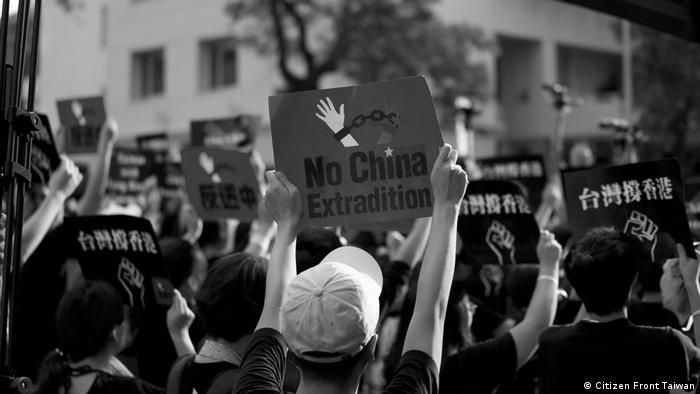
While the number of Hong Kong residents in Taiwan is relatively small, there is an increasing number of mainland Chinese residents in the city. Some of these residents plan to leave the city, while others may have to return home. Many fear that political repression and violence could lead to more refugees and increasing crime. The number of people willing to leave the city is unknown, but it is estimated that between 300,000 and 500,000 have valid travel documents. Some can stay in Taiwan permanently.
Concerns about immigration from Taiwan
The Democratic Progressive Party, the largest political party in Taiwan, has repeatedly said that it wants to end one-country, two-systems in Hong Kong. However, the KMT has characterized Tsai as a repressive authoritarian, not an equal to Carrie Lam. However, whether this criticism will affect the election remains to be seen. If Tsai wins the presidential election, it will be unclear whether she will continue criticizing the KMT.
The government of Taiwan is attempting to speed up the processing of relocation applications for Hongkongers, which has increased sharply since the protests began two months ago. Taiwan is a self-governing democracy and has become a popular destination for Hongkongers. President Tsai Ing-wen has called for swift assistance to Hongkongers seeking sanctuary there. But immigration specialists caution against pursuing political asylum in Taiwan.
The Ministry of Interior manages border entry, exit controls, and immigration affairs and assists migrants. The National Immigration Agency counters human trafficking in Taiwan. It integrates the resources of various government agencies. The Fisheries Agency is responsible for fisheries and is the competent authority for fishers working on Taiwanese vessels in distant waters. But it does not have control over labor issues. In addition, there are concerns about the safety of undocumented immigrants in the country.
Despite the growing number of refugees in Hong Kong, many have turned to civil society and religious groups for help. Pastor Huang Chun-sen of the Chi-nan Presbyterian church has been a target of Chinese state media. He has been receiving threats, and police have patrolled his church. Meanwhile, Pow’s desire to stay in Taiwan is understandable. He wants to apply for permanent residency.
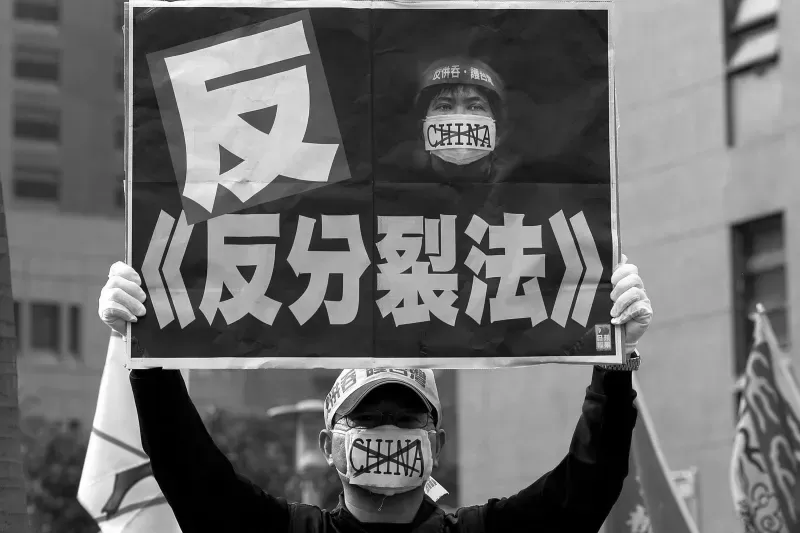
While Hong Kong is the primary gateway to Taiwan, the population of Taiwan is declining. The country has a low birth rate and a median age of 42 years. The Mainland Affairs Council, which administers immigration from Taiwan, has said that people from Hong Kong can apply for a visa to visit Taiwan. The key can be extended for up to three months once they arrive in Taiwan. While it is still unclear how many people will apply for residency, Hong Kong residents can visit Taiwan for business purposes, study, or live.
Partisanship in Hong Kong
While the cross-Strait relationship is generally viewed as a polarized polity, some recent trends contradict this image. Over the last few years, partisan loyalties have fluctuated rapidly. The Democratic Progressive Party (DPP) won the presidential and local elections in 2016 and is expected to win the presidency in 2020 under its leader Tsai Ing-wen. This trend has impacted cross-Strait relations.
Although the same Communist Party governs Taiwan and Hong Kong, the prevailing political culture and values are distinct. Young Taiwanese and Hong Kongers increasingly identify with their own identity and reject political parties that fail to meet their values. Political parties that promote economic growth at the expense of equity are not popular among younger Taiwanese and Hong Kongers. Nonetheless, the emergence of a distinct Hong Kong identity has sparked debates over Hong Kong’s role in national politics.
As the party system becomes increasingly standardized, partisanship is likely to spread to other sectors of society. Similarly, partisanship has increased in Taiwan and Hong Kong, but the rise of Chinese nationalists in both places explains this trend. In both jurisdictions, however, partisanship is a problem that must be addressed. While Hong Kong has a history of partisanship, Taiwan’s political system is remarkably more democratic than its mainland counterpart.
While the Chinese government is not a dictatorship, it has a long history of repression against minorities. Beijing’s repression of the minority has long been an alarming trend for Hong Kong and the Taiwanese. But it has only recently begun to reverse these trends. It’s essential to recognize the different ways Hong Kong is governed. The political system and the legal framework are based upon profoundly influencing how the population behaves.
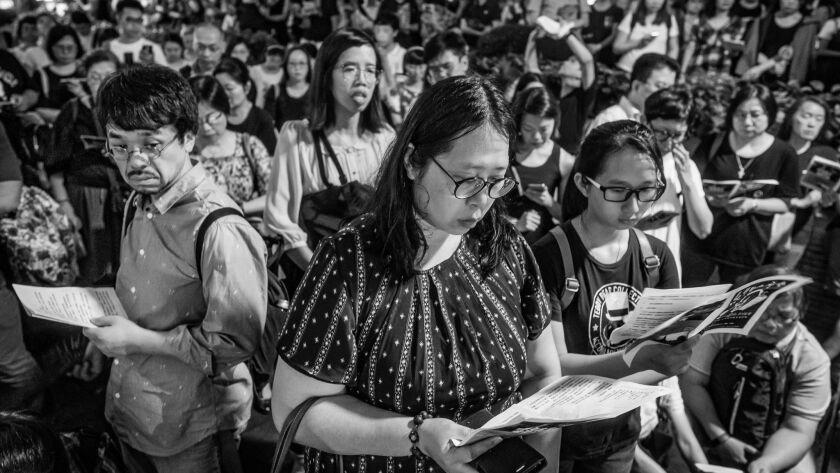
In Taiwan, political parties occupy different positions on different policy dimensions. They appeal to different segments of society. The Nationalist mainstream faction, for instance, enjoys close ties to the Democratic Progressive Party (DPP) on the national identity dimension. In contrast, the non-mainstream section has a more limited influence on the government’s policymaking. This ties between the DPP and non-mainstream factions, but this is not to say that Taiwan is a unified political system.
Commonalities between Hong Kong and Taiwan
While there are some significant differences between the two places, they have many commonalities, too. Both are predominantly Chinese and speak the Cantonese dialect. The two areas have heavy British influence, and both have long been very similar to the culture of southern China. Hong Kong is a former British colony, and the native Taiwanese populace of Taiwan is mainly Chinese. Both have been shaped by British and Portuguese influence, as is Macau, a former Portuguese colony.
Despite the cultural and historical similarities, both places are divided by differences. The lack of democracy and solid political institutions has resulted in discord. Identity politics has become a defining issue in both areas, and accusations of identity politics have come from both sides. While Western populist movements have criticized identity politics, the Chinese government has a different plan: rejecting Chinese nationality. While this divide is not universal, the desire to become independent and unique is common in both places.
While both places enjoy greater independence, they are still closely tied to the Chinese government. While both places want a thriving manufacturing and service industry, they also have very different political systems—the Taiwanese view their country as under Chinese control. Taiwanese people value family and put a high value on nature. Taiwan has many national parks which appeal to travelers. Its population of Chinese descent is much larger than that of the Chinese people on the mainland.
The Taiwanese are aware of their differences from the mainland. For example, Taiwanese people are aware of their cultural differences and are not swayed by the Chinese nationalist ideology. Taiwanese audiences could watch the movie «A City of Sadness» and reflect on the issues of national identity and ethics. Moreover, it was the first film in Taiwan to mention the February 28 incident and the White Terror, letting the audience relive this event.
Another vital commonality between Hong Kong and Taiwan is the presence of political parties. While both cities have a thriving democracy, the political parties are primarily split between pro and anti-Beijing groups. The pro-establishment groups, for the most part, are pro-China and are more dominant in Hong Kong. However, radical anti-Beijing parties like Youngspiration and the pro-democracy group, the Democratic Party, have been weakened by a crackdown by Beijing.
